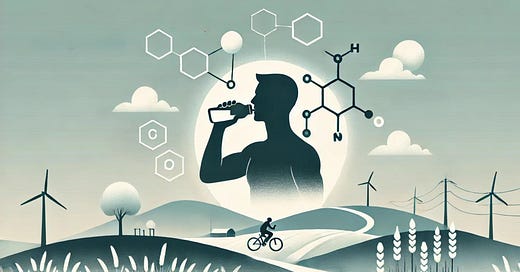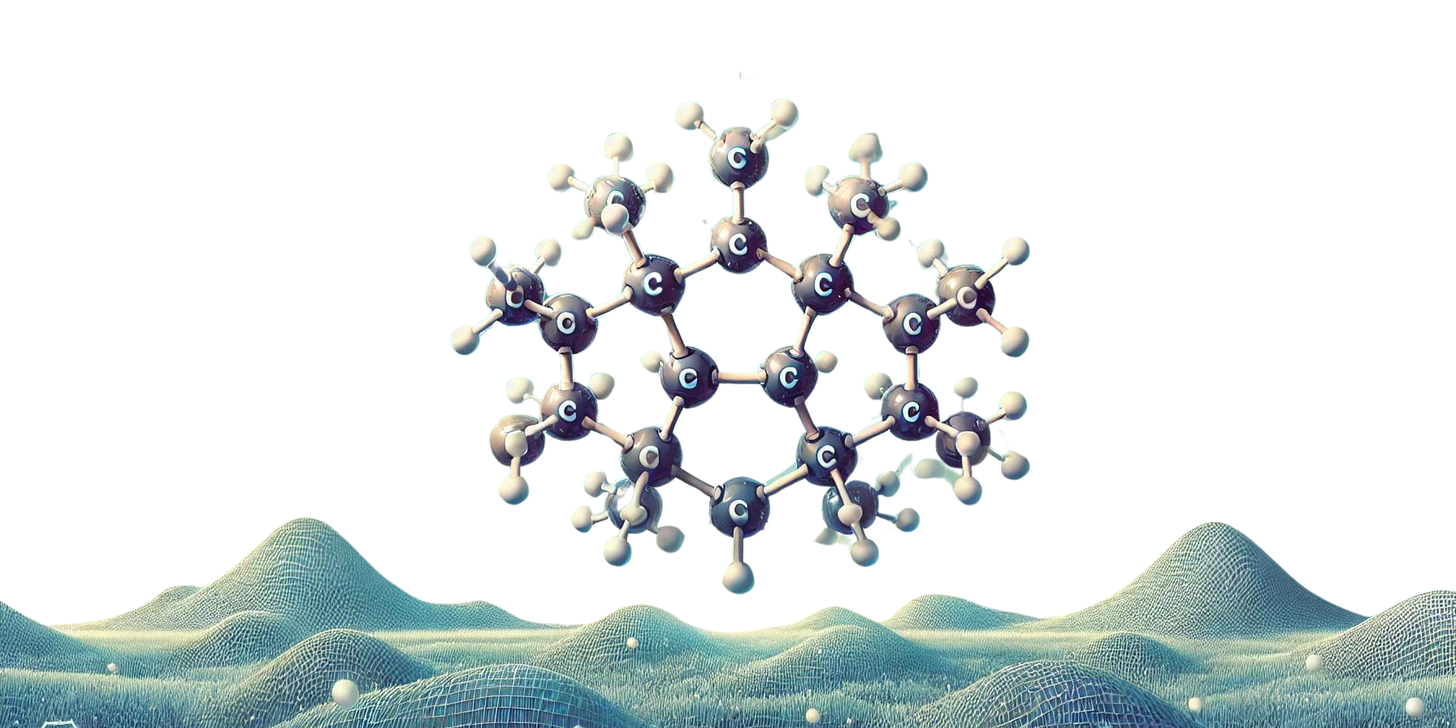Carbs: The Ultimate Fuel for Your Body's Engine
Unlock the secret to peak performance and energy with carbohydrates.
Imagine your body as a high-performance vehicle and carbohydrates as its premium fuel. These little molecules, made up of carbon, hydrogen, and oxygen, are essential to keep everything running smoothly. Like the best kind of gasoline, carbohydrates provide the energy that powers everything from your brain's ability to puzzle through a crossword to your muscles' capacity to power through a sprint.
Carbohydrates come in various forms, but at their core, they are sugars. When we eat foods packed with carbohydrates, our bodies break these down into simpler sugars like glucose, sucrose, and fructose. Glucose, in particular, is a star player—it's the primary energy source that fuels our cells. It’s akin to breaking down fuel into a form that’s usable by the engine of our car—efficient and ready to burn when we hit the accelerator, irrespective of the gear.
Our bodies are not just good at using glucose immediately; they're also pros at storing it. This storage form of glucose is called glycogen, which is primarily stashed away in our liver and skeletal muscles. Think of glycogen as the reserve fuel tanks in our bodies, ready to be tapped into during high-demand situations like lifting heavy weights at the gym, sprinting to the finish line, or performing an intense dance routine.
When we engage in these high-intensity activities, especially when we push our limits, our body shifts into a high gear, using glycogen to keep our energy up. Interestingly, when oxygen is scarce because we're pushing ourselves to the max, our body cleverly adapts by switching to an anaerobic (without oxygen) energy production process. This switch converts pyruvate to lactate, leading to the buildup of lactic acid in our muscles—which is that familiar burning sensation you feel during a particularly strenuous activity.
There’s another fascinating aspect of how our bodies manage carbohydrates. For every gram of glycogen stored, our muscles also hold onto about three grams of water. This is why when athletes carb-load, increasing their glycogen stores before a big event, they often notice a slight uptick on the scale. This weight isn't fat—it's mostly water weight, essential for optimal muscle function and energy delivery during their performance.
Understanding how carbohydrates work is like getting to know the inner workings of a sophisticated engine. It highlights the brilliance of our body's biological processes and underscores the importance of fueling up wisely to keep our engines running at their best, especially when we demand a lot from them. Whether you're a sprinter, a bodybuilder, or just someone trying to get the most out of your workout, appreciating the role of carbohydrates can help you optimize your energy and performance.







